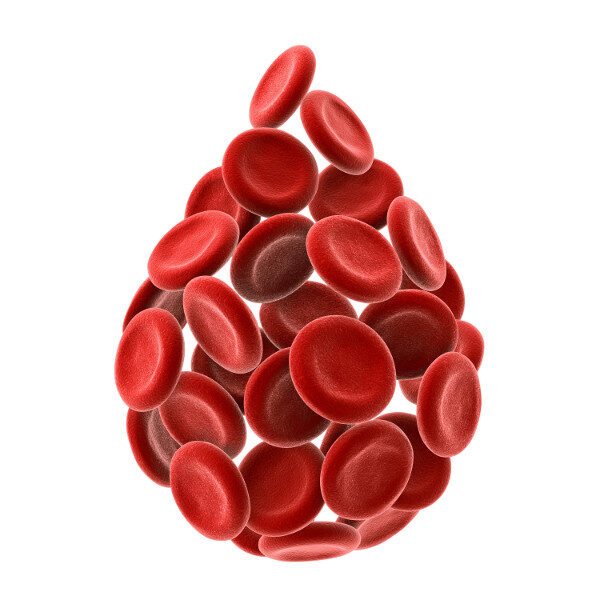Optimize Hormone Testing with the DUTCH Test Kit.
Curious about what your Testosterone levels are? Wondering if your Estrogen is metabolizing efficiently and safely? Questions about Menopausal status? What do Hormones and Cognitive Decline have in common? Do hormones really affect Bone Density?
The DUTCH test is a urine steroid hormone profile that measures hormones and hormone metabolites (called conjugates) in a dried urine sample, and is performed from the comfort of your home. Precision Analytical – DUTCH offers testing using cutting-edge technology that not only measures steroid hormones, the DUTCH test measures the metabolites of steroid hormones which offers a measurement of hormone production and hormone breakdown. Measuring both hormones and their metabolites offers a more comprehensive view of hormone production.
The DUTCH test measures the following: -Free cortisol -Free cortisone -Creatinine -Tetrahyrdocortisone -a-tetrahydrocortisol -b-tetrahydrocortisol -DHEAs -Progesterone metabolites (a-pregnanediol, b-pregnanediol) -Androgen metabolites (DHEAS, etiocholanolone, androsterone, testosterone, 5a-DHT, 5a-androstanediol, 5b-androstanediol, epi-testosterone) -Estrogen metabolites (estrone, estradiol, estriol, 2-OH-estrone, 4-OH-estrone, 16-OH-estrone, 2-Methoxy-estrone, 2-OH-estradiol) -6-OH-melatonin-sulfate.
Turnaround Time
7-14 days (May take longer based on weather, holiday or lab delays)

